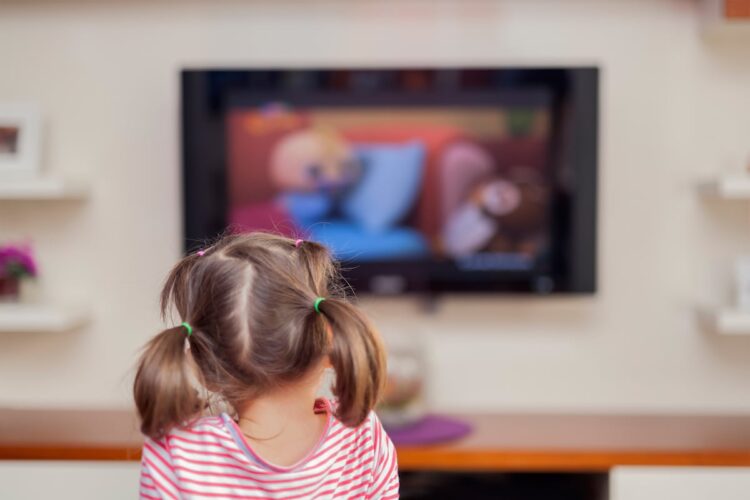During infancy, kids listen to family members and often try to replicate what they hear. As children grow, associating symbols with sounds becomes critical to language development, and experts say it’s more important in learning to read than most parents realize.
When it comes to reading, children must discriminate individual sounds before they can put them together to build words. Studies show playing rhyming games and sounding out words with your children helps develop their reading skills. But what about watching television?
According to a 2004 study published in The Journal of Biological Psychiatry, associating symbols with sound, especially in the form of narrative, plays a large role in the proper development of reading skills.
In the study, two groups of children with poor reading skills were examined to determine which learning approach was more effective: traditional remedial reading, special education, speech and language tutoring or reading lessons built around sound and symbol associations contained in narrative. The group that was given reading lessons with sound and symbol associations enjoyed learning more and had a dramatic improvement in their reading skills and fluency.
Based on this and other research, one company has developed an enjoyable way for students to improve reading, comprehension and development skills early on, and it involves watching television – specifically children’s movies.
Reading Movies, part of the ReadEnt learning program developed by SFK Media Specially for Kids Corp., are interactive movies that use “Action Caption” technology to show the spoken word on the screen, in real time, as the character speaks. The words appear out of the mouths of the speakers with clarity and with no disruption to the flow of the movie. As children watch the movies, their reading and spoken language skills develop naturally.
Reading Movies are available in a set of three DVDs featuring adaptations of literary stories many know and love: Jules Verne’s “20,000 Leagues Under the Sea,” Jonathan Swift’s “Gulliver’s Travels” and “The Trojan Horse,” adapted from Homer’s “The Odyssey.” So what does this all mean for parents? No more guilt for letting your kids watch TV.






